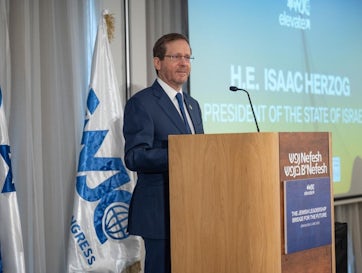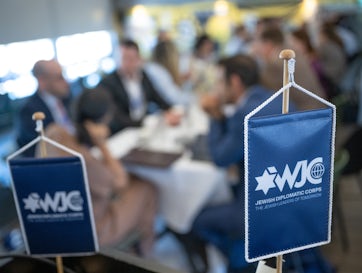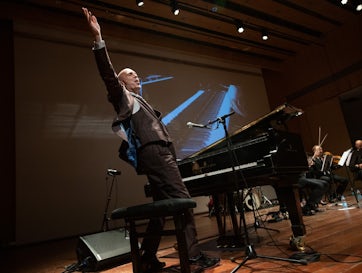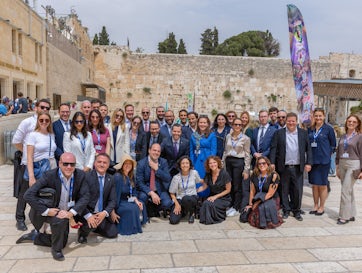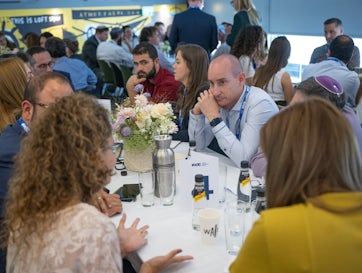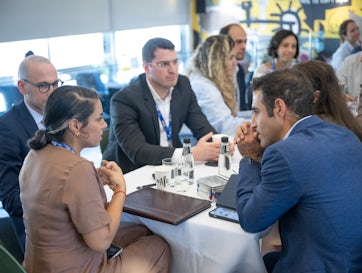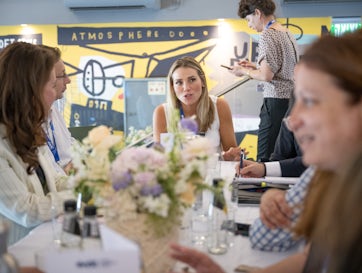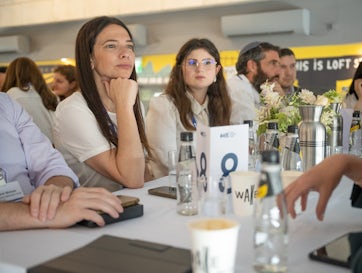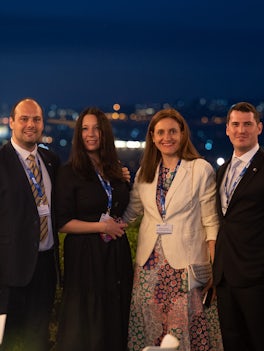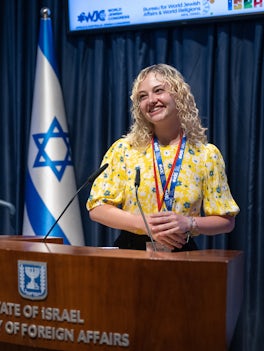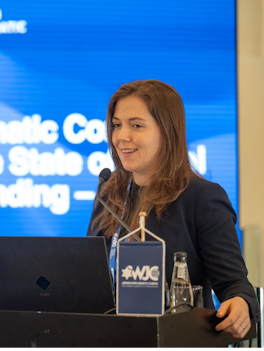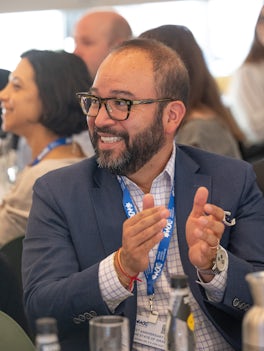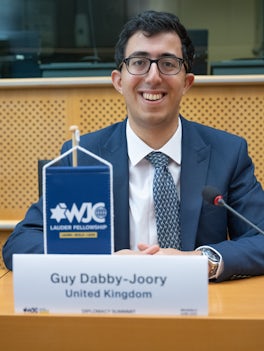The October 7 massacre, marking the darkest chapter for the Jewish People since the Holocaust, has underscored the urgent need for Jewish unity in the face of surging levels of Jew-hatred worldwide. Now, more than ever, we must amplify our collective voice, channeling this pivotal moment in history into a powerful force for unity.
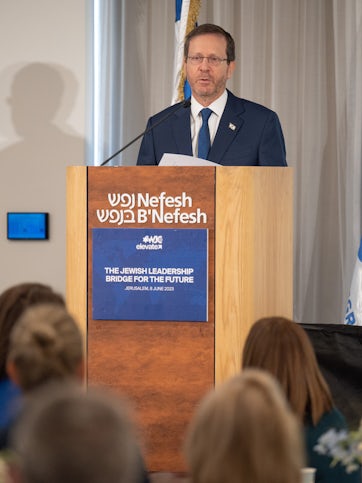

On the 8th of June 2023 in Jerusalem, the World Jewish Congress, the Reut Group, and the Jewish Peoplehood Coalition launched the Jewish Leadership Bridge for the Future.
Israel’s President Isaac Herzog opened the event where 100 WJC Elevate members – Jewish leaders for the future - were joined by 150 of their local counterparts across Israeli societal groups. They conducted passionate, but respectful, roundtable discussions on crucial topics regarding the future of the Jewish people. The discussions centered around tangible actions, exploring the most effective ways to collaborate and secure a shared future.
President Herzog welcomed the group, stating that “At this challenging moment for Israel and for the world, I’m especially pleased to have this time here with you to reflect together on our many blessings and think together about what the current moment demands of us as activists, as leaders, as Jews, as human beings. And I’m even more pleased to be addressing a group in which a major contingent is NextGen leaders. Our best and brightest, who are actively choosing to step forward and take responsibility for the future of our people.”
Following the October 7th terrorist attack, WJC organized follow up sessions of the Leadership Bridge in Beer Sheva and Tel Aviv on 6 May and 7 May, respectively. The gatherings, which featured over 50 diaspora and 150 Israeli leaders, outlined the importance of unity, dialogue, and understanding and outlined projects to strengthen Jewish unity, acknowledging the profound impact of events like October 7th and the ongoing war.
During the launch event in Jerusalem, the roundtable discussions centered on key topics concerning the future of the Jewish people. Through active participation, the participants both identified the challenges at hand and collectively devised effective solutions, producing a comprehensive roadmap for strengthening Jewish unity. The highlights of this roadmap are summarized below.
Challenge: In today’s world, polarization is a global phenomenon including in Israel and within diaspora communities. It is imperative that we recognize the urgency of working together because if we do not, we are lost. Jews come from different places and different backgrounds; however, we are one people, with a common history and shared future.
Solution: To advance dialogue and mutual understanding, the participants concluded that there must be a shared respect for each one’s way of life and an understanding of each other’s predicaments, fears, and values, while viewing disagreements as those that are taking place “within the family.” As part of this effort, the Jewish people should resist the narrative of “us” and “them.” This would entail action points such as: fostering ample opportunities for respectful dialogue, creating forums for Israel-Diaspora exchanges, promoting intergenerational connections, and prioritizing relationship-building initiatives over solely educational ones.
Furthermore, to foster Jewish unity, it is of utmost importance to strengthen Jewish identity, both within the Diaspora and Israel. The Torah, Israel, our shared history, and the importance of family in Judaism are central common denominators which should be promoted and strengthened.
Challenge: Both Israelis and Jews in the Diaspora have expressed a shared concern, highlighting the need for enhanced understanding and empathy between the two. The Diaspora yearns to be acknowledged as a valued partner by Israelis, while Israelis seek reassurance that the Diaspora's intentions do not involve imposing their will on Israel, understanding that it is the Israelis who will ultimately face the tangible repercussions of decisions made.
Solution: To enhance mutual support between Israel and the Diaspora, it is crucial to foster a deeper understanding, increase opportunities for interaction, and promote collaborative projects. The “old contract” between Israel and the Diaspora, which is based on financial support from the Diaspora to Israel and concepts of Aliya and Zionism, needs to be re-envisioned. A "new contract" should be reciprocal, based on a strong dialogue between equals, and characterized by two-way actions.
Challenge: Israeli society often lacks awareness of the extent of antisemitism endured by Jewish communities in the Diaspora. Moreover, the events and developments within Israel hold profound implications for Jewish communities in the diaspora and have far-reaching consequences for the security of Jewish communities worldwide. Additionally, it is important to recognize that Israel's foreign policy agenda may not always align with the priorities of local Jewish communities.
Solution: There is a need to foster a sense of shared responsibility and mutual ownership between Israel and Diaspora Jewry, cultivating a collaborative approach towards shaping diaspora communities’ future and addressing the challenges and opportunities that lie ahead. Israeli involvement with diaspora affairs should be a response to the needs determined by a particular Jewish community and in accordance with the expressed will of its leadership and members. It must be a dialogue between equals, on the same footing.
It is imperative to deepen and broaden the Israeli perspective by highlighting the far-reaching impact of local actions and political considerations on the global Jewish community as a whole, fostering greater awareness, understanding, and empathy. It is important to foment a shared understanding that Israeli leaders have a responsibility to consider the well-being and interests of the Diaspora in their decisions and actions.
Challenge: A significant gap exists in the awareness and comprehension of each other's ways of life, challenges, concerns, values, and goals. Insufficient opportunities for interaction and collaboration further exacerbate this divide between the two parties.
Solution: To facilitate effective collaboration between Jewish leaders in Israel and the Diaspora, it is essential to create comprehensive tools and projects that encompass both offline and online realms. This involves providing more opportunities for in person meetings and creating an integrated online platform with databases, digital libraries, and speaker archives for organized information retrieval, best practice sharing, and networking.
Challenge: The absence of a robust Jewish identity and limited knowledge about our history, traditions, and values among the younger generation pose significant barriers to fostering Jewish unity.
Solution: To cultivate a shared sense of unity and destiny among young Jewish leaders, organizations should develop comprehensive educational programs that delve into Jewish values, traditions, and history, institutionalize discussions that encourage free expression of thought and dialogue, and create inclusive spaces where young leaders feel valued.
Challenge: It is imperative to cultivate creative, inspirational, and innovative leadership while simultaneously engaging and reintegrating alienated young Jews into the community.
Solution: To elevate young Jewish leaders, it is important to provide a wide range of enticing and accessible opportunities that enable them to take on leadership roles while giving them the power to define their challenges and responses to them. This necessitates involving them in decision-making processes, providing opportunities to take on leadership roles from an early age, developing initiatives that cater to the alternative needs and desires of young people, providing mentorship opportunities, and highlighting young role models.
Jewish Unity Salons
WJC Jewish Unity Salons will give structure to diverse conversations about Israel-Diaspora ties and will create the foundation for ongoing, local Leadership Bridge communities. The salons offer an opportunity to continue those initial discussions in Jerusalem, which included how Jews in Israel and the Diaspora could best support each other; how organizational leaders could better collaborate; how to ensure that young people understand the importance of Jewish unity and how to motivate them to leadership roles at various levels. At the conclusion of the initial salons, the participants will reconvene in Israel for continued discussions and joint-project development with their Israeli counterparts.

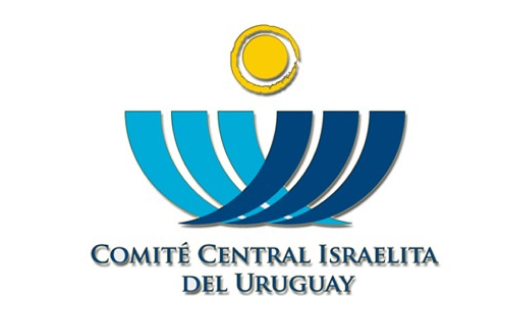
Learn more
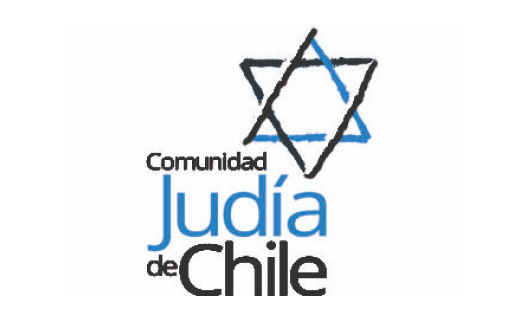
Learn more
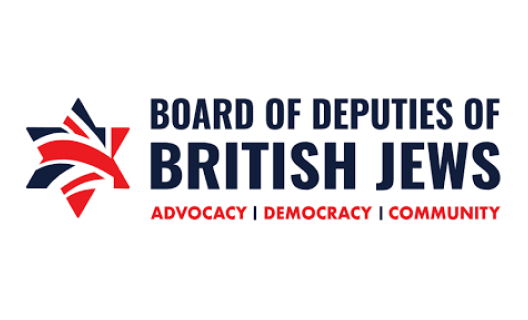
Learn more
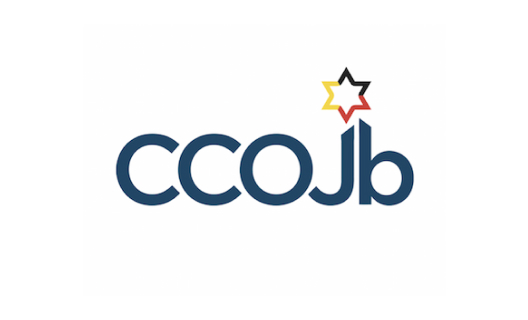
Learn more
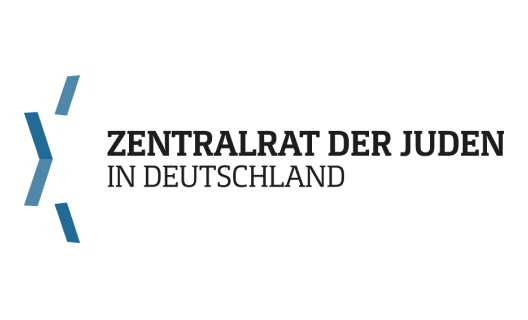
Learn more
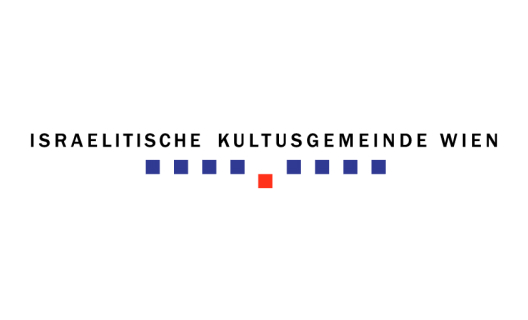
Learn more
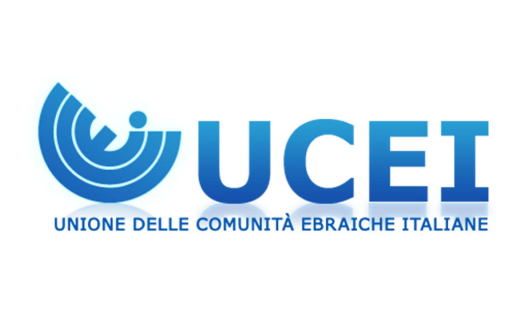
Learn more
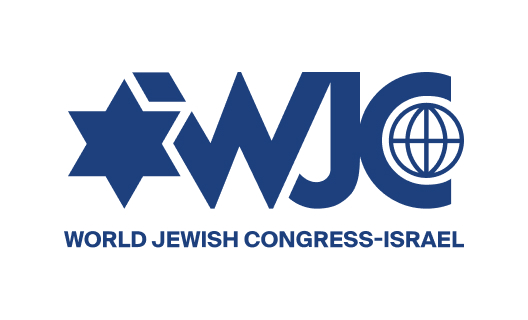
Learn more
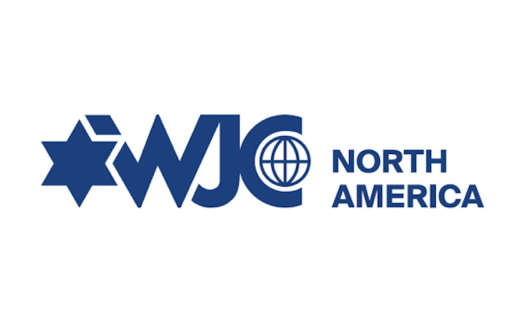
Learn more
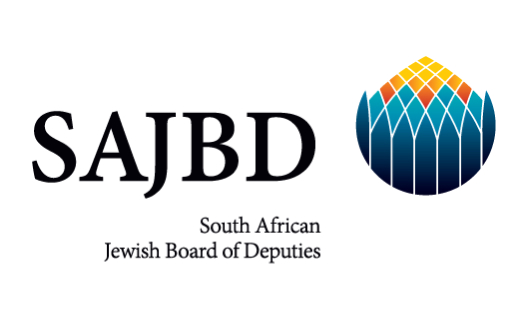
Learn more
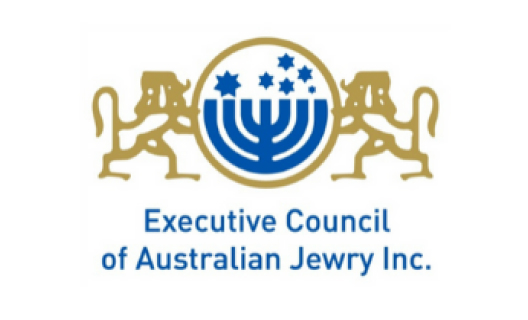
Learn more
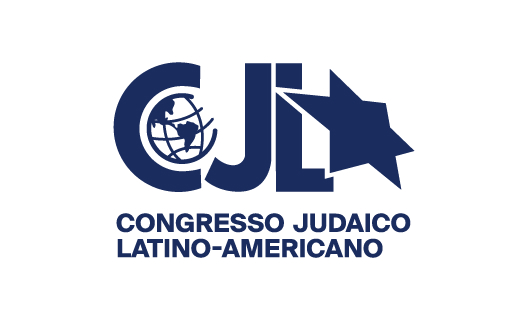
Learn more
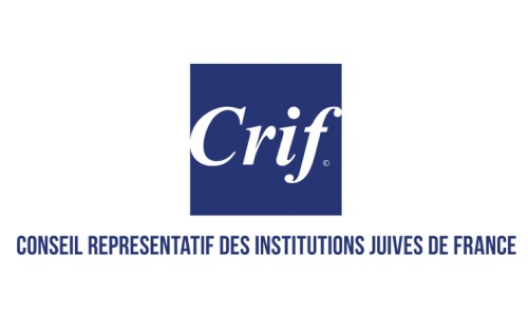
Learn more
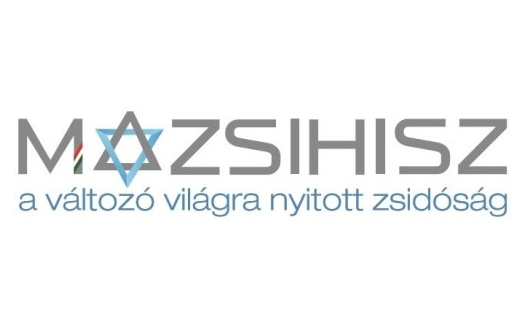
Learn more
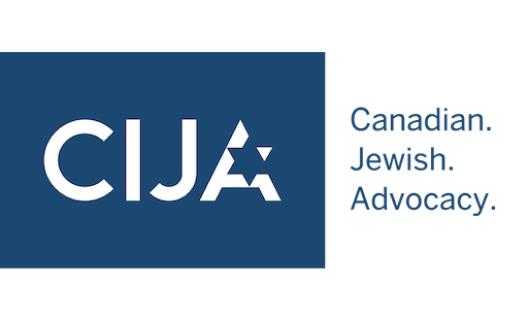
Learn more
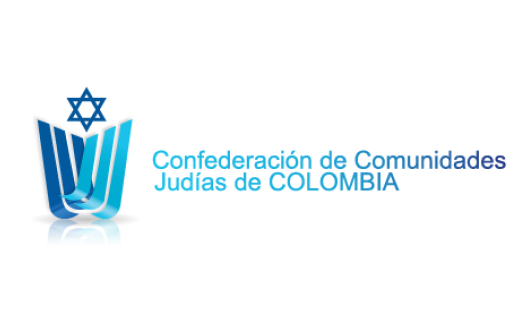
Learn more
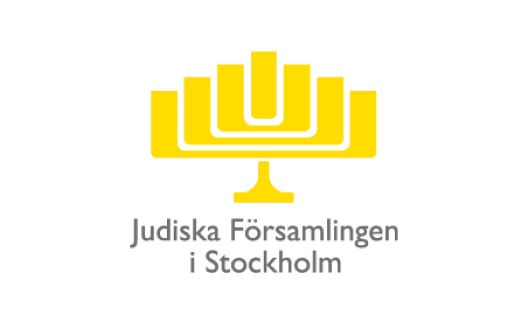
Learn more
If you want to establish a community or join an existing one please email leadershipbridge@wjc.org

